Waste Management
Australian Manufacturer with New Recycling Solution for Society
May 13 2014
A random challenge thrown at a prominent Australian engineering/manufacturing SME has seen an innovative crossover develop for its business and in the process launched a completely new – and timely – direction for the company which will gain the interest of recycling and waste handling authorities.
Leussink (Australia), a longstanding success story in the NSW Illawarra region as well as a growing exporter of product and services, has merged its manufacturing capability with the widespread need for community recycling.
What transpired is Leussink Global Worming – the manufacture of customised compost worm farms for any level of compost management – be it commercial, industrial or bulk domestic.
Like most life changing discoveries, Leussink Global Worming came about not so much by design but by being in the right place at the right time to meet a challenge which echoed pretty much what the entire business community was looking for.
“It all happened while our engineering business, in the act of diversification, was putting the finishing touches to an eight storey building in the centre of Wollongong, a site we were constructing for a tenant which happens to be the ATO,” said Leussink Director, Mr Jason Leussink.
“With 400 tax office people and a few dozen more occupying the ground level retail shops, the building encompasses 6,600m2 of floor space and right from the start was destined to churn out vast amounts of waste.
“The challenge to us, as the building proponent, was to raise its green star rating from 4-star to 5-star so we looked at all the traditional avenues for efficiency such as tighter control systems for air conditioners, better drapes for sunlight control, better performing light fittings et al – you name it we looked for it.
“Then one of our co-directors hit the nail on the head: why search in vain for tiny latitudes for improvement in the already energy-efficient utilities when you can do something about the masses of organic waste that gets trucked off a typical commercial site every week – or even every day – for about $150 each?
“With that was born Leussink Global Worming, industrial strength worm farm enclosures sized and manufactured at our plant in Unanderra according to the volume of waste output of the client.”
The farms house compost worms that devour paper, food scraps, cardboard or any other organic based material, proving ideal for an ATO office which constantly has paper waste. The Global Worming farm also serves the retail tenancies at ground level, one of which is a coffee shop restaurant which before now would have placed its used cardboard and food scraps into general waste.
Leussink’s system is modular; therefore if any user requires an increase in its stocks of composting worms, another metal housing is manufactured and joined to what is already there. Likewise, the farm can be reduced in size as needed.
And, whereas before all the paper, cardboard and other recyclable waste used to go to council pick up and collection while the food scraps were collected in commercial skips for general landfill, this commercial building’s organic waste is turned into a useful by-product with the worm droppings used as fertiliser for the site’s gardens.
“When we originally demolished five derelict dwellings on the site, we met our commitment and government expectation to re-use at least 80% of demolished building product in the construction of this new eight-storey dwelling,” said Mr Leussink.
“But we wanted to take it further and use the project as a genuine exercise in what society expects today in ‘green building.
“Considering in the Illawarra region approximately 50% of our waste collected by council is organic matter, we are proud as a manufacturing company to make a difference and in the process open the door for a completely new diversification in our business.
“The fact that 100% of the on-site organic waste now goes into the worm farm and is distributed back into the garden is very pleasing and is definitely a model which we are keen to take to our council authorities,” said Mr Leussink.
Unlike -burrowing earthworms that aerate the soil, composting worms are surface dwellers. There are three common types of composting worms; Tiger worms, Indian Blues and Red Wrigglers.
And for the economists, the worms also have a rather brutal but efficient self regulating system: if there is a rise in quantity of waste which they are processing, they will quickly reproduce in numbers. By contrast, if the rate of waste slows the worms will cannibalise and reduce their own quota accordingly.
Events
Nov 26 2024 Paris, France
Nov 27 2024 Istanbul, Turkey
H2O Accadueo International Water Exhibition
Nov 27 2024 Bari, Italy
Biogas Convention & Trade Fair 2024
Nov 27 2024 Hanover, Germany
Dec 11 2024 Shanghai, China
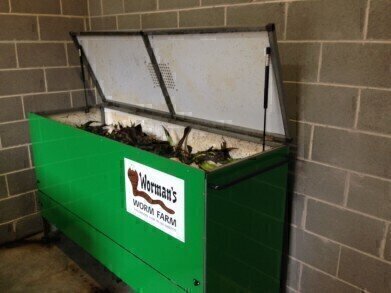
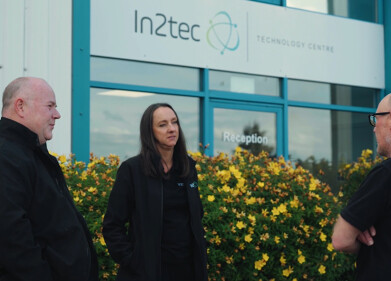
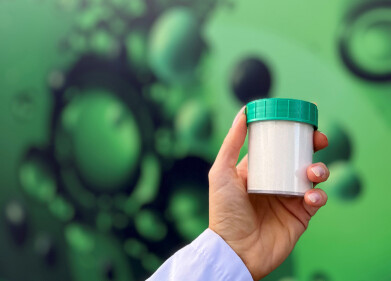
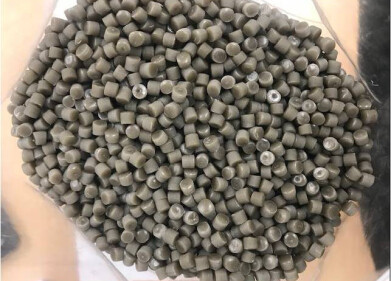
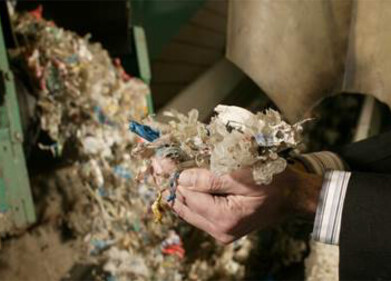


-as-feedstock.jpg)






